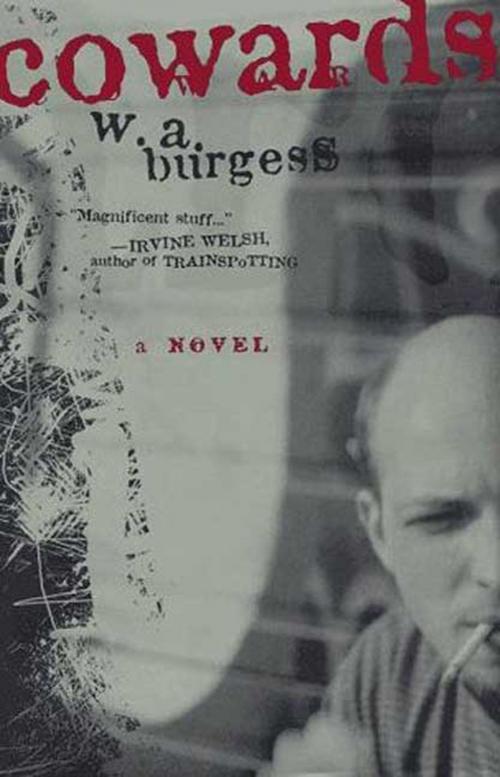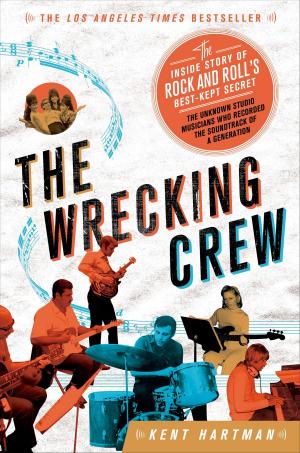| Author: | W. A. Burgess | ISBN: | 9781466842311 |
| Publisher: | St. Martin's Press | Publication: | April 15, 1997 |
| Imprint: | St. Martin's Press | Language: | English |
| Author: | W. A. Burgess |
| ISBN: | 9781466842311 |
| Publisher: | St. Martin's Press |
| Publication: | April 15, 1997 |
| Imprint: | St. Martin's Press |
| Language: | English |
Dopers, dropouts, scenesters, and hipsters shark Seattle in search of the next big thing. Or they refuse to search and opt to slide down the dark ladder. No bottom there. No traps. No dead end. There heroin will tell you you're brilliant, you're in touch, you're so, so inside. The addict's path mimics the shape of the worm Ouroboros: its tail forever in its mouth and he ends up where he began. It's the bus you can't get off.
Mitchell Slaughter, perceptive but stoned, lures us step by step into his haunting by heroin. The days melt together like this: rain, drugs for breakfast--a spoonful of smack cooked over a flame--scratch the deaf cat, taunt the churchful priests living next door, take a tab, worship a plastic pig. Welcome to an industrial wasteland, the group-house with a freezer full of heroin, the fine spray of blood and vomit on the bathroom wall.
Mitch and his mates form The Otis Process, a band named after a heroin addict/holy man they met in a certain quarter of Hell. So the Process screws around, stapling egg cartons to the walls of their practice basement, playing their gigs, blowing off lousy day jobs to brilliantly denigrate the bourgeoisie. There's a chance the band might succeed, but each member falls quicker than the last, and they just can't keep it together. When Ziggy ODs, Mitch takes his cue, which is to seek out peaceful Etta, the woman who will, just maybe, offer some kind of redemption.
Moral dilemmas can be images, but addiction and its attendant despair cannot. W. A. Burgess has what few young writers have. His prose is a brilliant shock--the product of a writer writing from an experience, not simply about it.
Dopers, dropouts, scenesters, and hipsters shark Seattle in search of the next big thing. Or they refuse to search and opt to slide down the dark ladder. No bottom there. No traps. No dead end. There heroin will tell you you're brilliant, you're in touch, you're so, so inside. The addict's path mimics the shape of the worm Ouroboros: its tail forever in its mouth and he ends up where he began. It's the bus you can't get off.
Mitchell Slaughter, perceptive but stoned, lures us step by step into his haunting by heroin. The days melt together like this: rain, drugs for breakfast--a spoonful of smack cooked over a flame--scratch the deaf cat, taunt the churchful priests living next door, take a tab, worship a plastic pig. Welcome to an industrial wasteland, the group-house with a freezer full of heroin, the fine spray of blood and vomit on the bathroom wall.
Mitch and his mates form The Otis Process, a band named after a heroin addict/holy man they met in a certain quarter of Hell. So the Process screws around, stapling egg cartons to the walls of their practice basement, playing their gigs, blowing off lousy day jobs to brilliantly denigrate the bourgeoisie. There's a chance the band might succeed, but each member falls quicker than the last, and they just can't keep it together. When Ziggy ODs, Mitch takes his cue, which is to seek out peaceful Etta, the woman who will, just maybe, offer some kind of redemption.
Moral dilemmas can be images, but addiction and its attendant despair cannot. W. A. Burgess has what few young writers have. His prose is a brilliant shock--the product of a writer writing from an experience, not simply about it.















